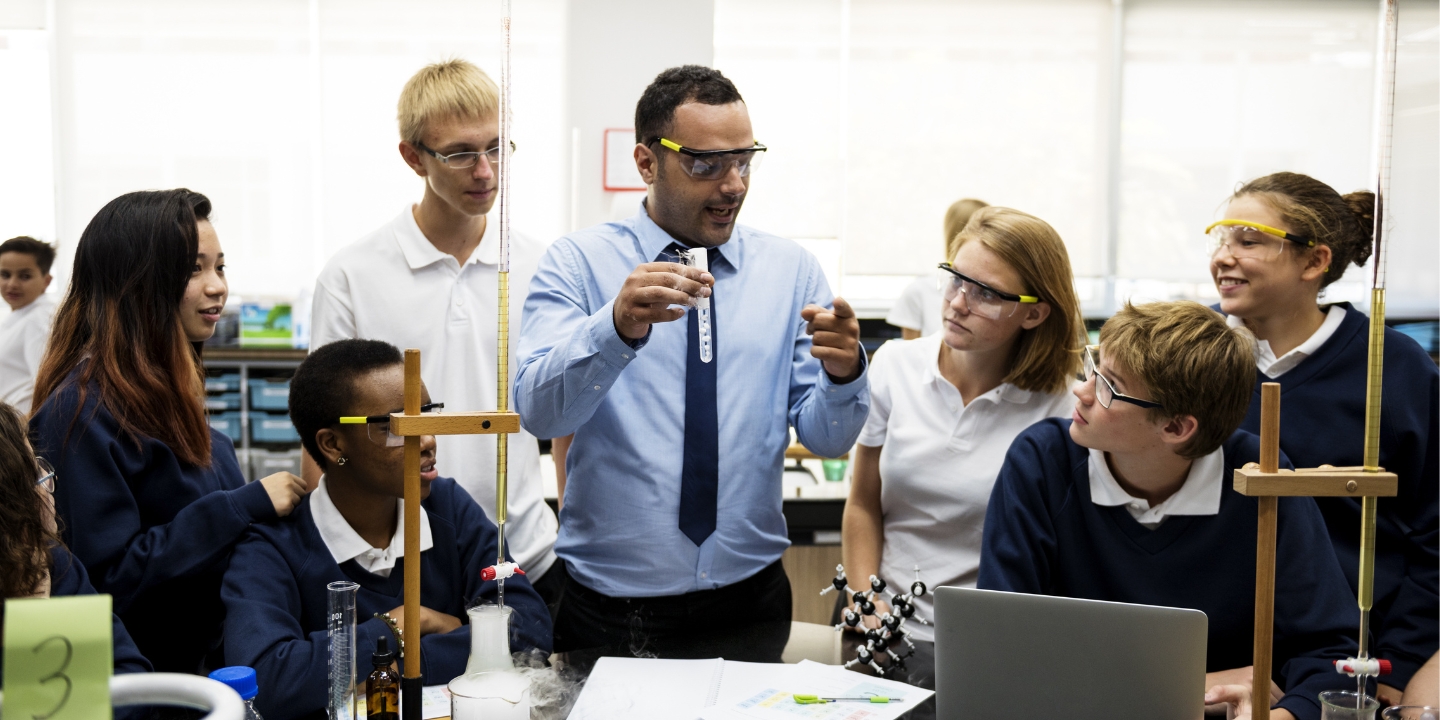
Critical and creative thinking linked to higher science literacy, NAP-SL shows
ACER news 30 May 2024 6 minute readA new report that reveals just under half of Australian students in years 6 and 10 are not meeting expected standards in science, could also point the way to improving engagement with it.
The report by the Australian Curriculum, Assessment and Reporting Authority (ACARA) looked at the scientific literacy of students in years 6 and 10 in 2023, as well as examining the impact of activities like ‘brainstorming’ on their science learning.
Most students from the nationally representative sample showed a high regard for scientific practice and advice.
In both year levels, 83% of students agreed that they followed the advice of the scientific community when making decisions related to health crises such as the COVID-19 pandemic.
The report also showed 4 out of 5 year 10 students agreed that ‘government decisions should be based on scientific evidence where available’.
The findings come from the latest National Assessment Program report on science literacy (NAP—SL), released by the ACARA this week.
Responses to questions in the NAP—SL assessment showed that across the age groups, more than 90% of students felt ‘science can help us understand global issues that impact on people and the environment’.
More than 85% of each age group agreed science was important ‘because it can change how people live’.
Despite this, the report findings reflect the fact that science literacy in Australia has not changed significantly for year 6 students since 2006 or for year 10 students since 2018.
In 2023, 43% of year 6 students and 46% of year 10 students did not achieve the expected (proficient) standards in science literacy.
For those heading into their final years of high school, 1 in 4 had little confidence in applying critical and creative thinking to solving science problems, while fewer than 4 in 10 had considered a science-related career.
Where students lacked confidence
Most students in year 6 (82%) and year 10 (77%) reported that their teacher explained scientific concepts clearly to their class. However, the report showed that, for many students, this did not translate into greater confidence in their science learning.
Insights into areas where students lacked confidence in critical and creative thinking provide interesting touchstones in the report when considering how engagement with science might be improved.
In year 10, more than 25% of students lacked confidence, or were ‘not very’ confident, in most of the problem-solving approaches they were questioned on where critical and creative thinking applied.
These included testing different options and monitoring the outcomes, questioning the accuracy of a source of information, and explaining where their ideas originated.
Students in this group also had little or no confidence with ‘identifying what I don’t know about a topic, so I understand what I need to learn’, and ‘thinking about problems from different perspectives’.
What makes a difference?
Students who achieved above the proficient standard in scientific literacy reported more frequent involvement (than those who achieved below the standard) in activities that were conducive to critical and creative thinking.
Student responses to 8 specific questions – including on teacher-led activities – revealed a range of opportunities for critical and creative thinking.
‘This includes the frequency with which students report brainstorming ideas, planning and carrying out investigations, and having in-depth discussions about scientific ideas with peers during their science lessons,’ the report noted.
In year 6, 57% of students reported their teachers asking their class to brainstorm ideas ‘mostly or always’; in year 10, only 39% of students reported the same.
Similarly, 50% of year 6 students reported that they got to plan and carry out their own investigations ‘mostly or always’. This dropped to 44% in year 10.
Less than half of students in both year levels reported having ‘in-depth discussions about science ideas’ in science lessons, with more than 10% indicating they never had them.
The 168-page report also noted the positive influence of family support for science activities outside of school on students’ academic achievement. The influence was positive for both year 6 and year 10 students.
More information
Read ACARA's National Assessment Program Science Literacy 2023 Public Report